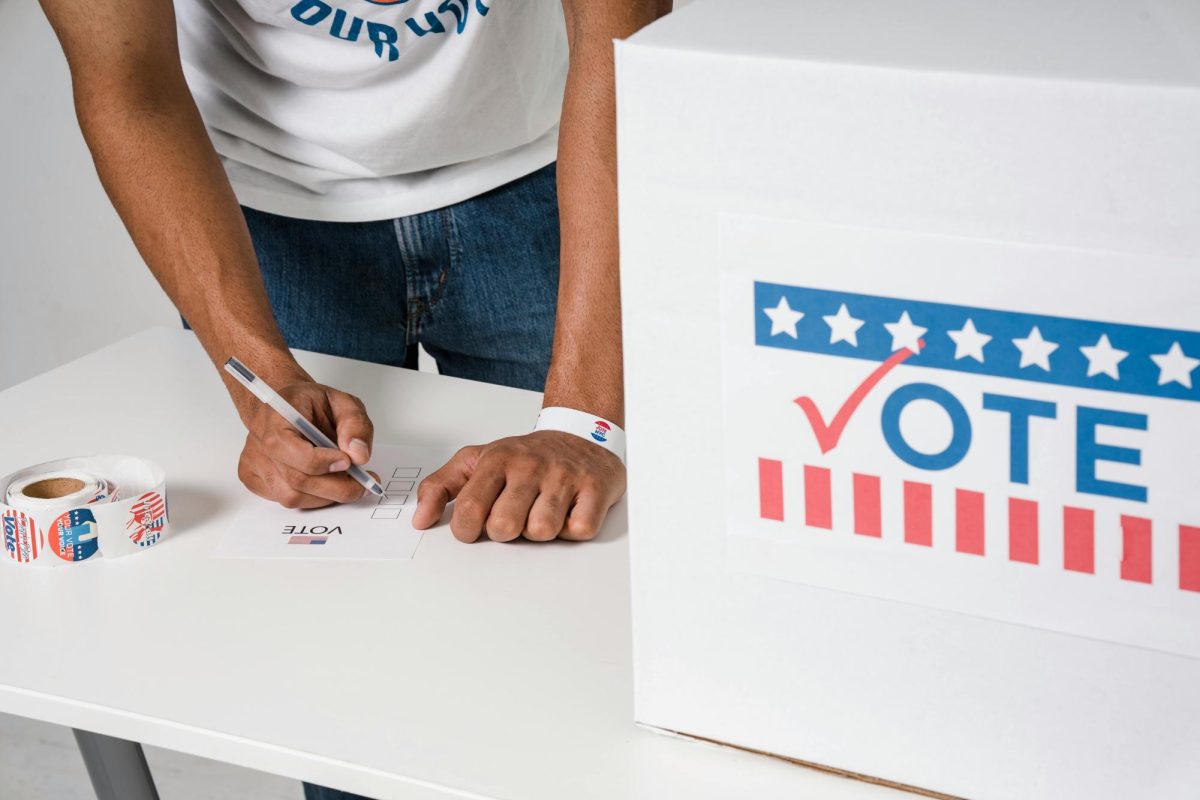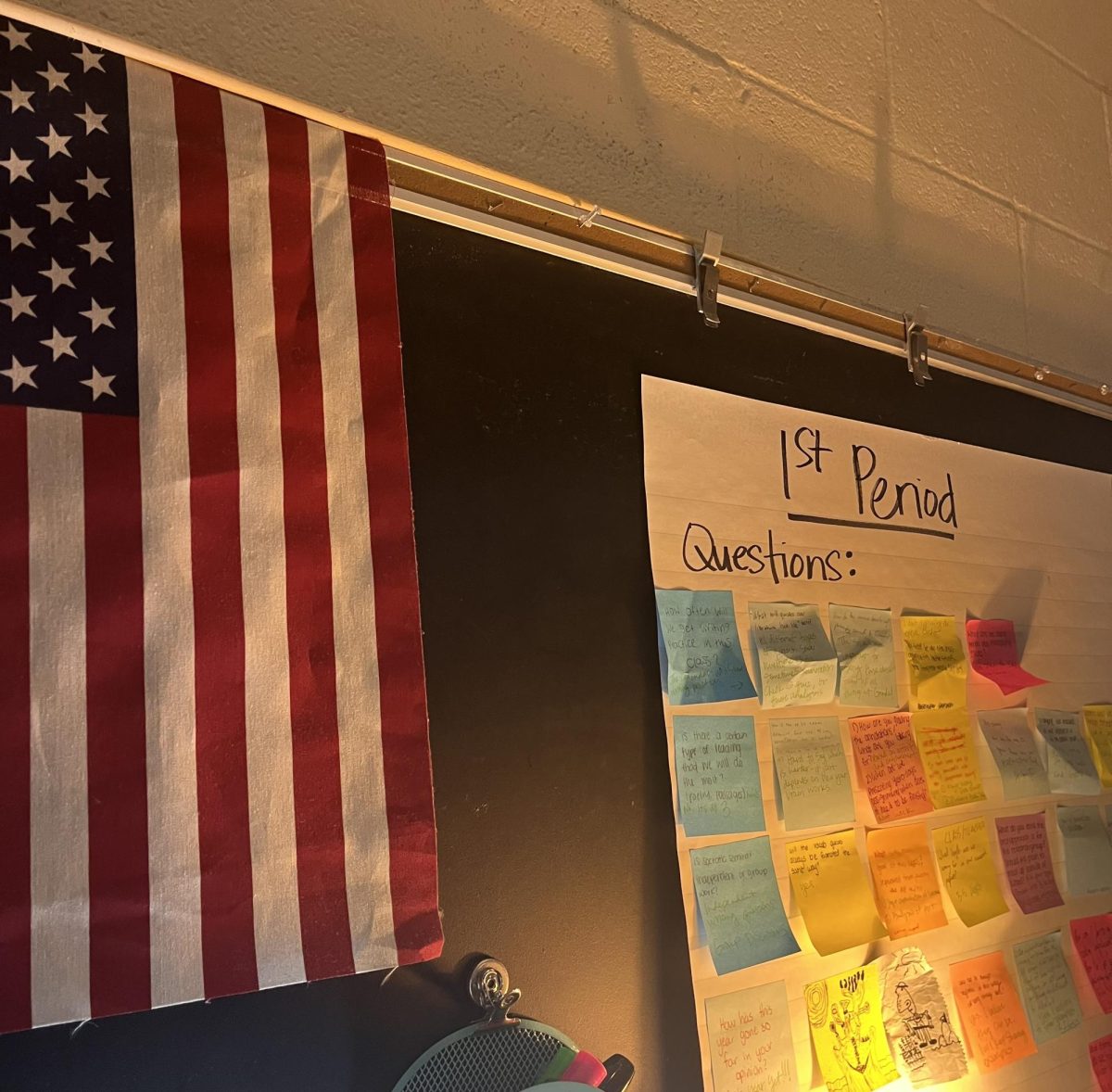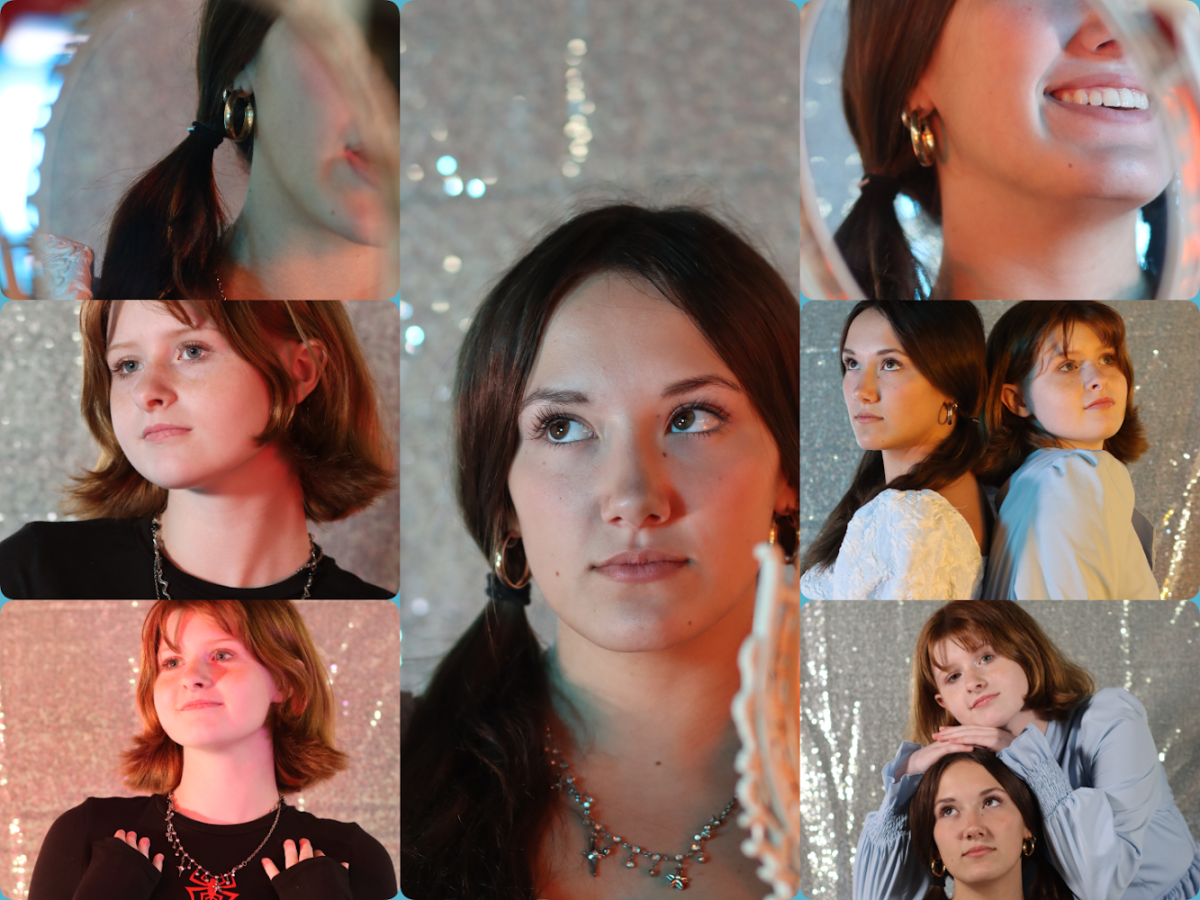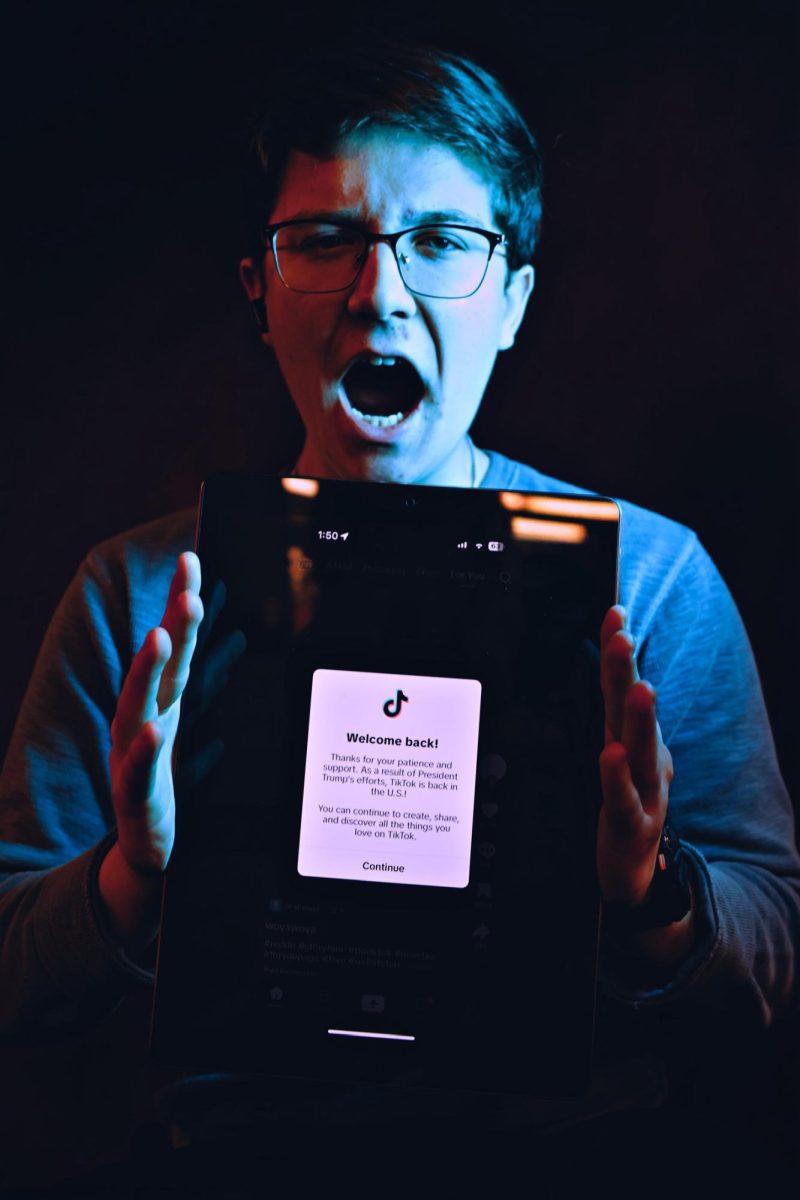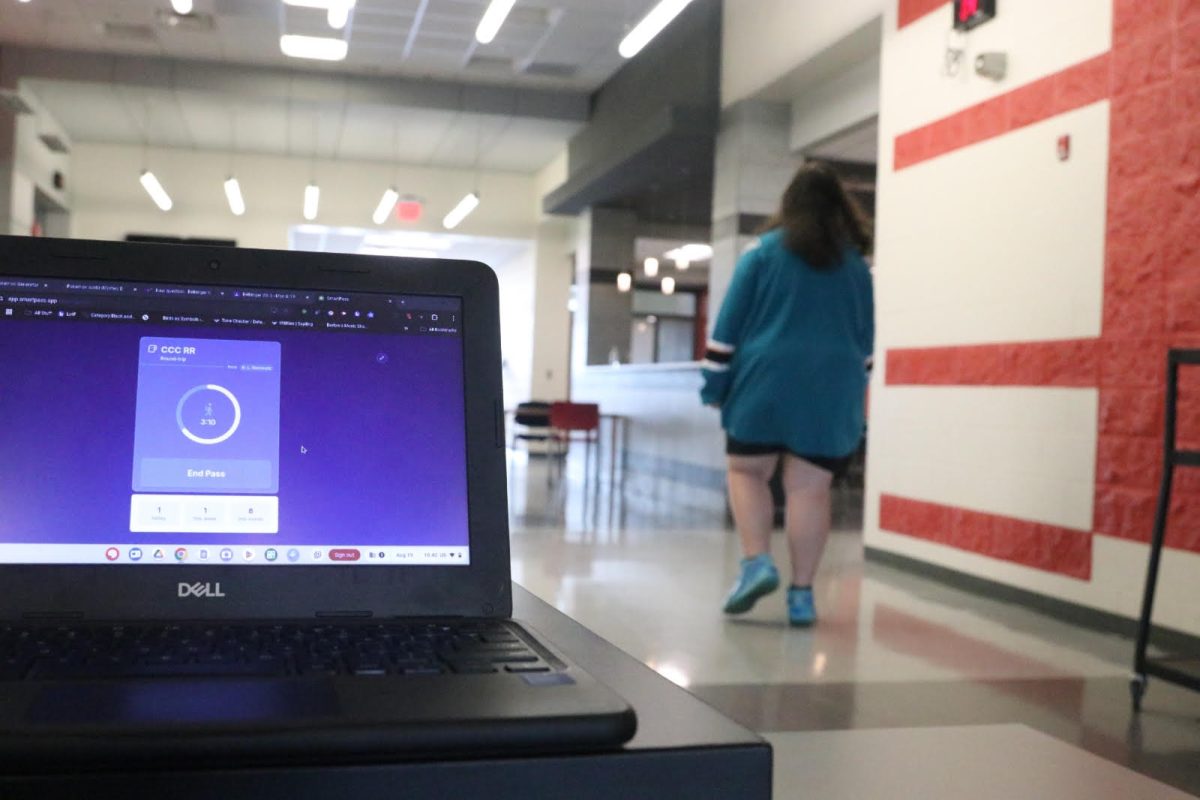If you had to explain our world’s biggest problems, could you?
In a world that’s changing in political conflicts, climate change, and swift advancements in technology, many young people don’t understand the deeper issues that could have an effect on their future.
Social media is one of the factors that spreads misinformation among the youth, making it hard for them to tell between real and fake news. Also many young people are unaware of global events that take place like economic shifts, political warfare, and climate change which can directly impact their future. Teens and children around the world soon will be the ones to reshape our future, to make this plausible everyone needs a strong understanding of the world’s issues.
Social media has become a double edged sword when it comes to informing young people. For teens platforms like tik tok, instagram, and twitter serve as primary sources of information. Tony Wood, a history teacher at Bullitt East high school says about the impact of social media,
“I think it has not necessarily made it easier or harder, but it brings news into their lives on a consistent basis. Before social media, you would have to watch the news with your parents or pick up a newspaper. Now because young people are on social media throughout the day, they can’t avoid it. It’s in their face. But whether or not they research it to see if it’s factual or just people pushing narratives–that’s another story,” Wood said.
This highlights a key issue: while students may see things on their social media they may not be fully informed. The problem lies in determining credible news from content that’s misleading. One of the biggest dangers of social media is how easily misinformation spreads.
“As a society we want things to be quick. That’s why the microwave exists– we want things fast and easy. The same happens with information. We see something, register it in our brain, and take it as fact. Social media also feeds you the narratives you already believe in. If I’m on one end of the political spectrum, I’ll easily find content reinforcing my views, without necessarily checking if it’s factual,” Wood said.
Among people and specifically teens and children this is a major trend. They scroll on their phone and see their feed either bashing an opposing country or party and then praising who they support.
“Students may have heard about major events. But are they truly informed? That’s different. Being truly informed means researching both sides, checking the validity of sources, and understanding potential biases. I don’t think most students are at that level,” Wood said.
A common misconception among students is that global events don’t affect them personally. When asked about this, Wood said, “History repeats itself. If you look at past trends, you can predict how current events will shape the future. Global events impact students more than they realize whether its gas prices rising, changes in the job market, or even the possibility of war. These things directly affect their daily lives but many young people don’t fully understand how.”
Many people, including students, believe that their voices don’t matter in the grand scheme of things. “A lot of people think, ‘My vote doesn’t count. What I do doesn’t matter.’ But that mindset is dangerous. If millions of people think that way, it does have a huge impact. The more people that educate themselves and take action, the more changes can happen,” Wood said.
All of the major movements in history for things like civil rights, climate action, or social justice have been fueled by people who decided their voices mattered. Young people have the ability to shape policies, challenge wrongdoing, and contribute to shaping our world. But first they must be willing to research, and engage with the world around them.

